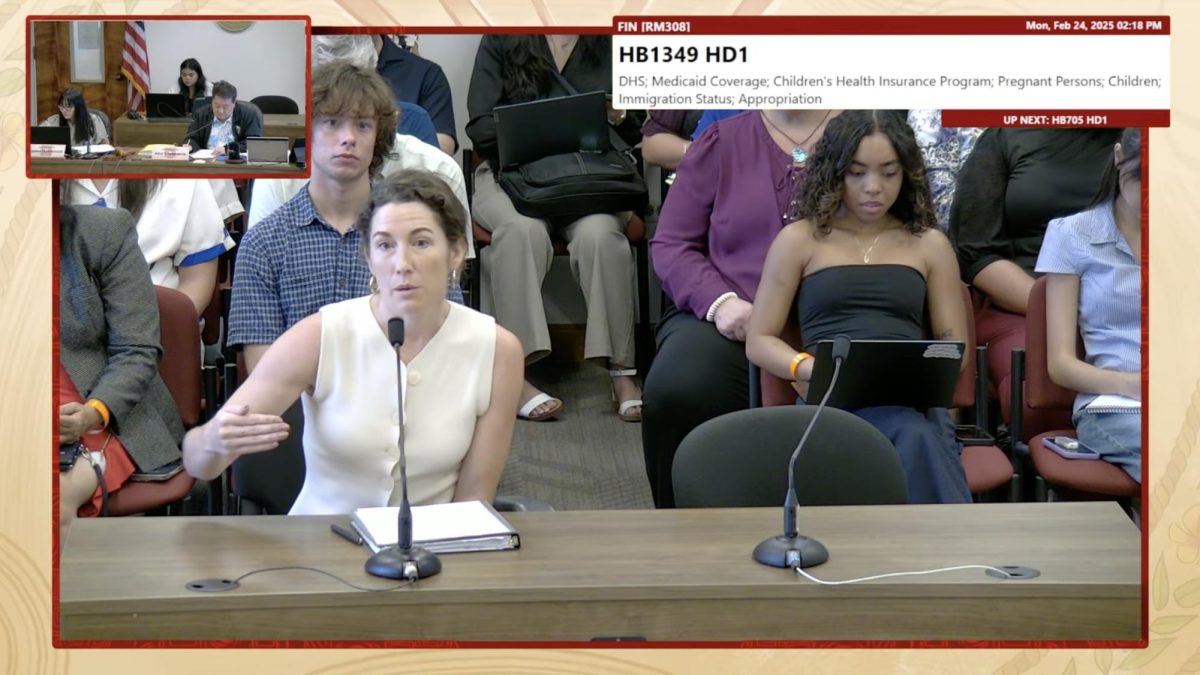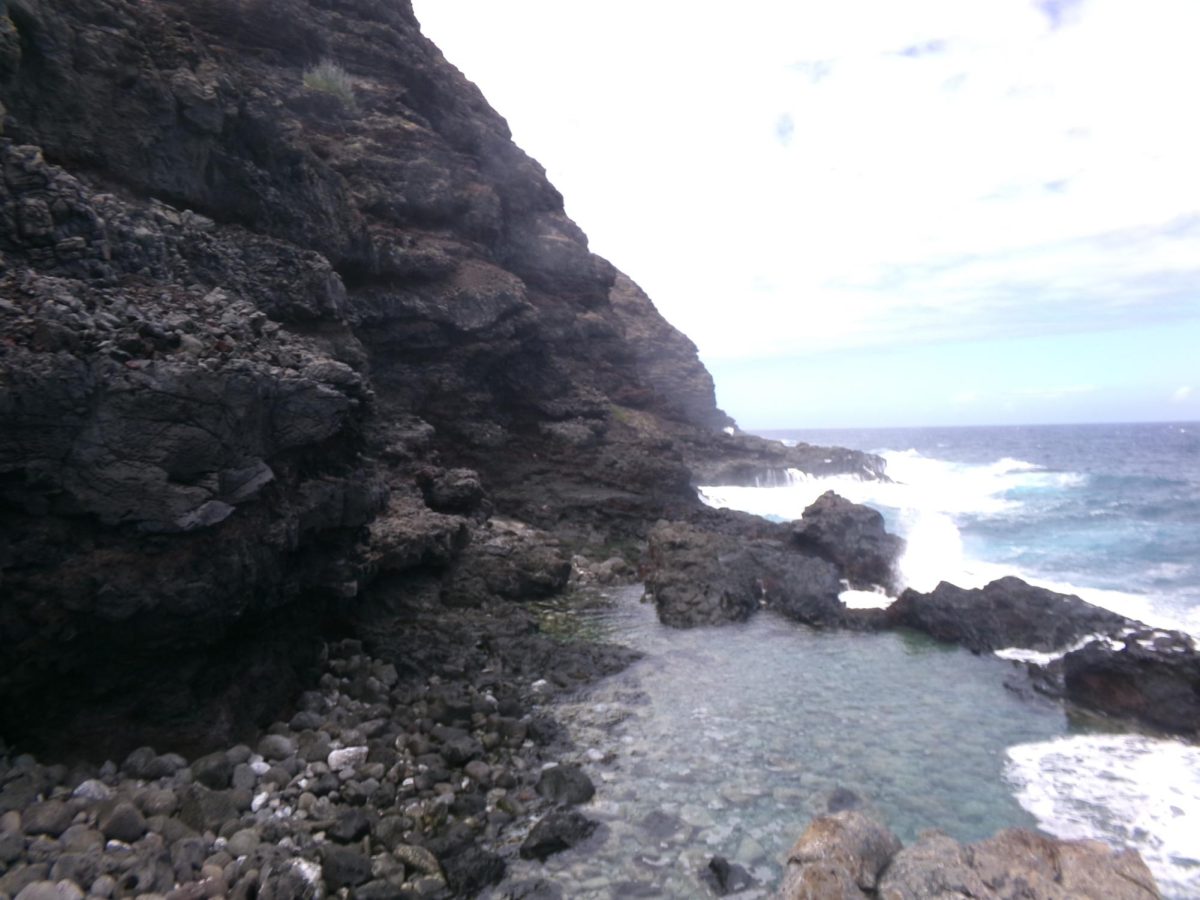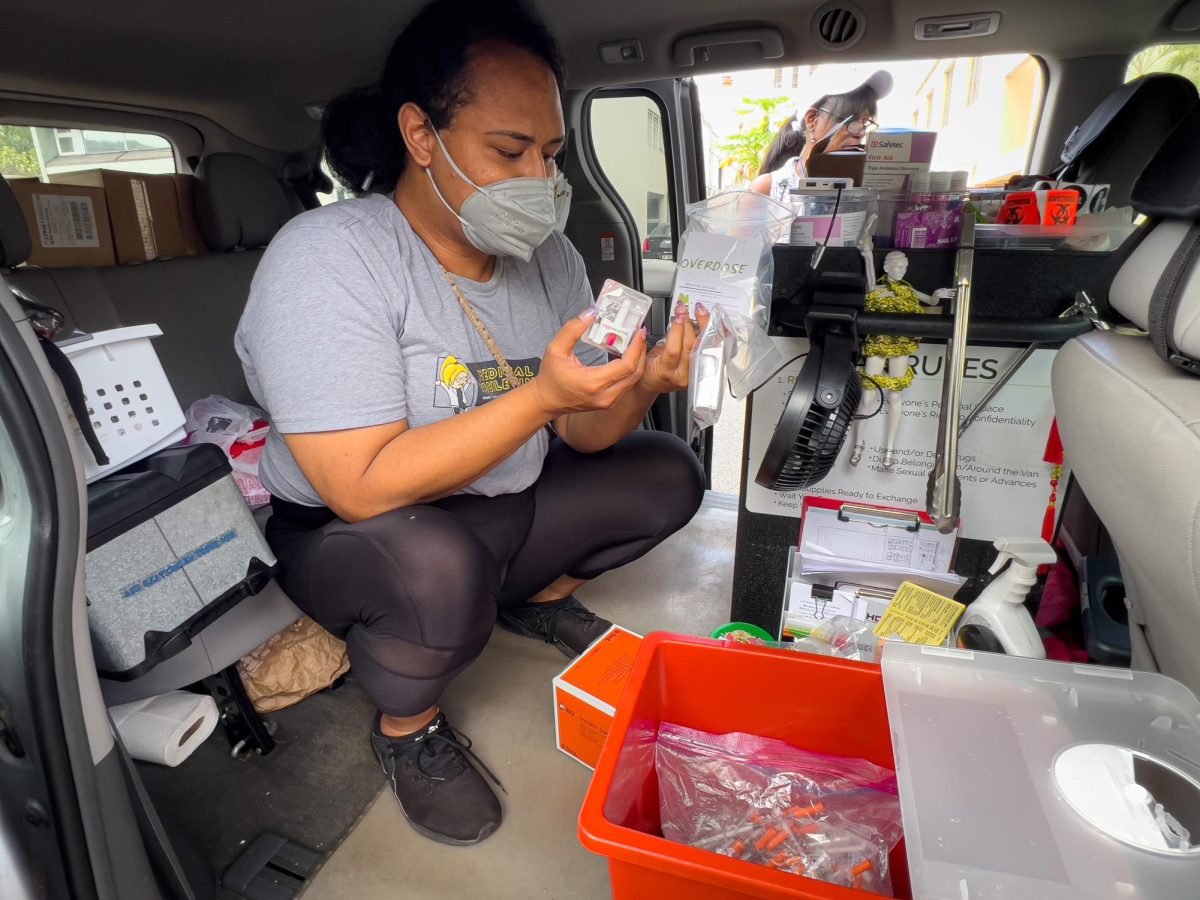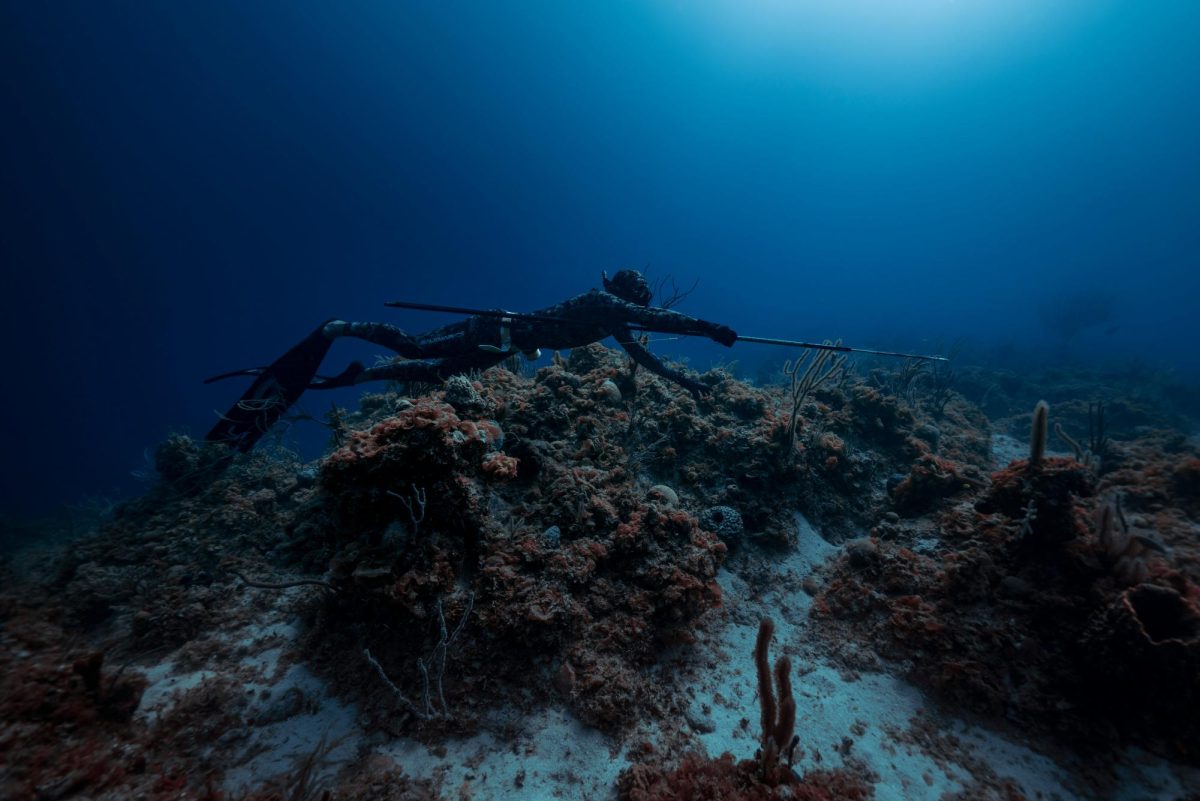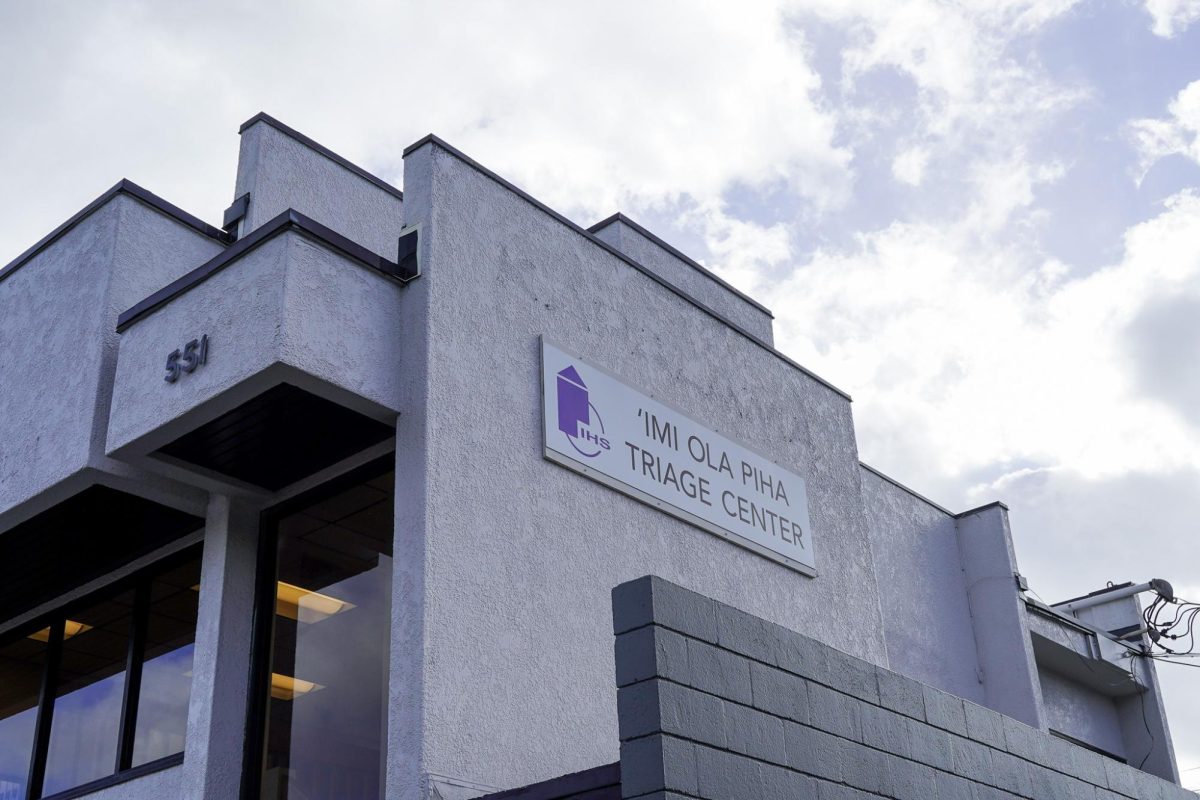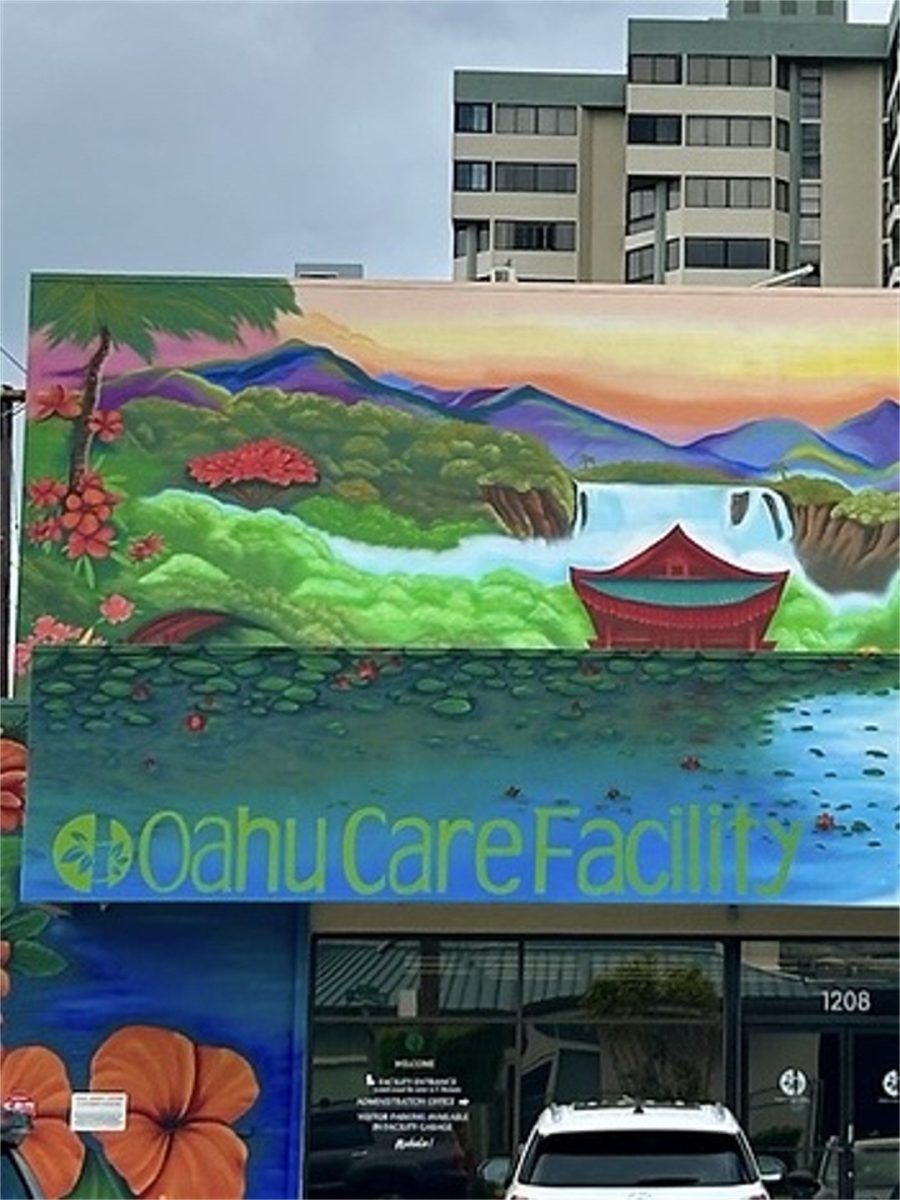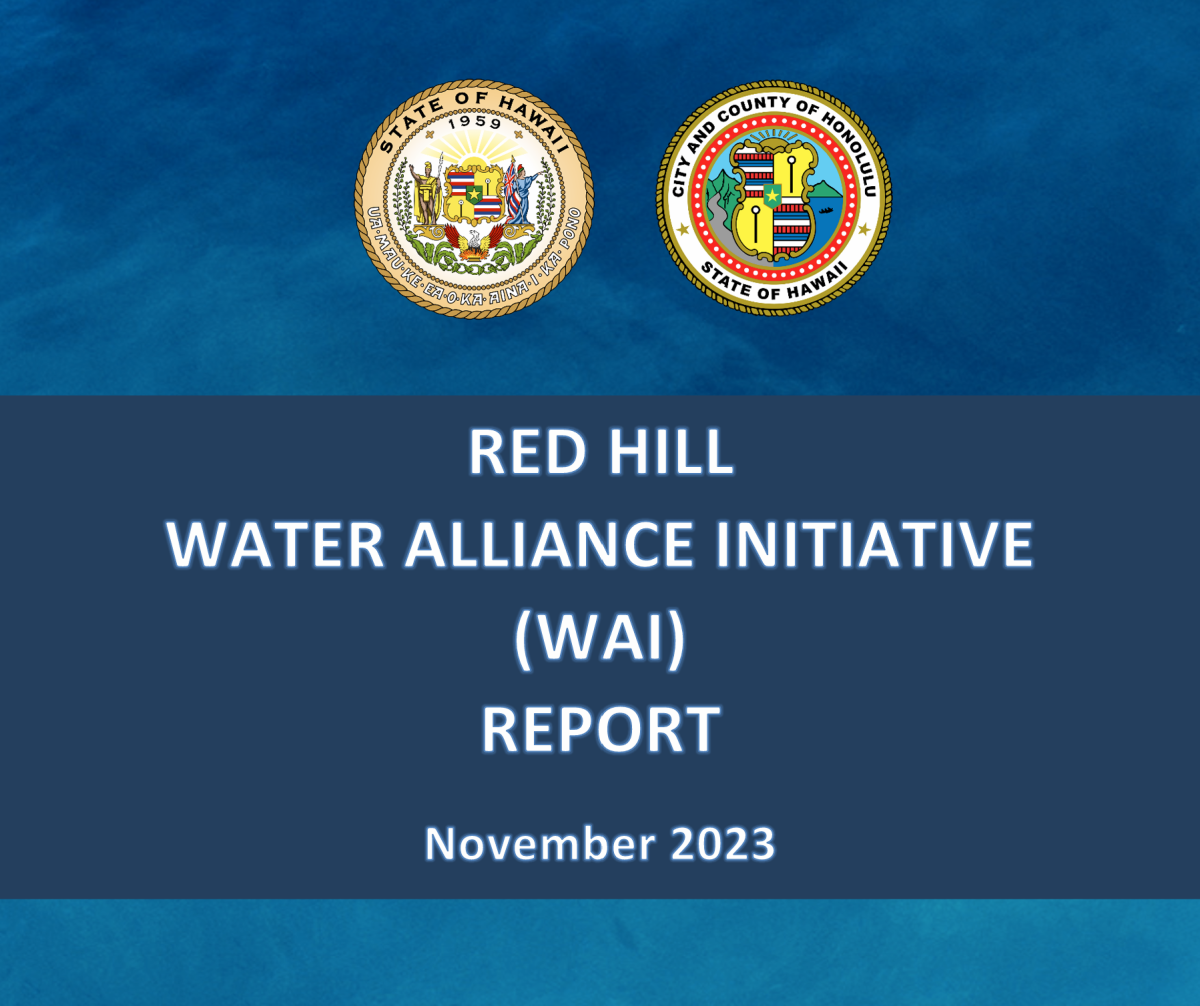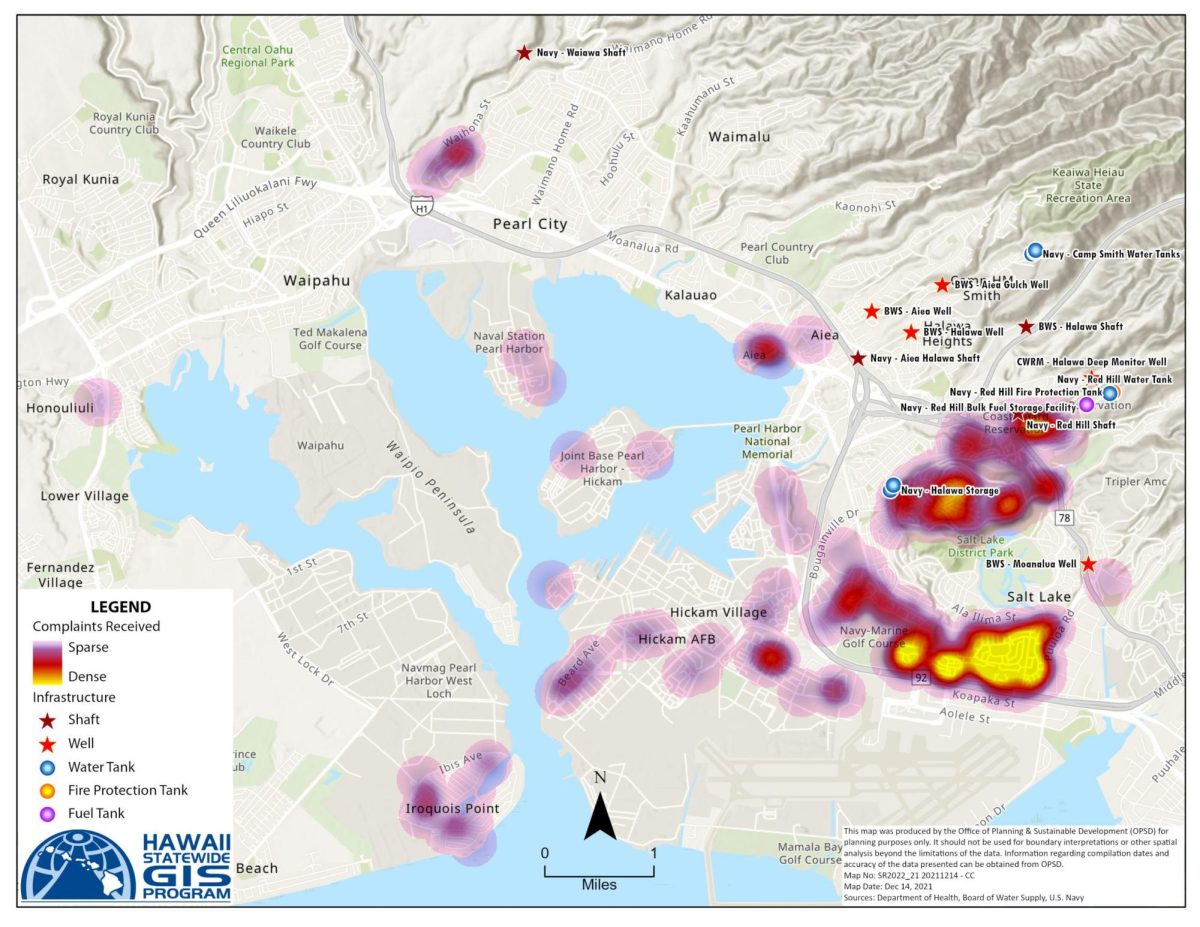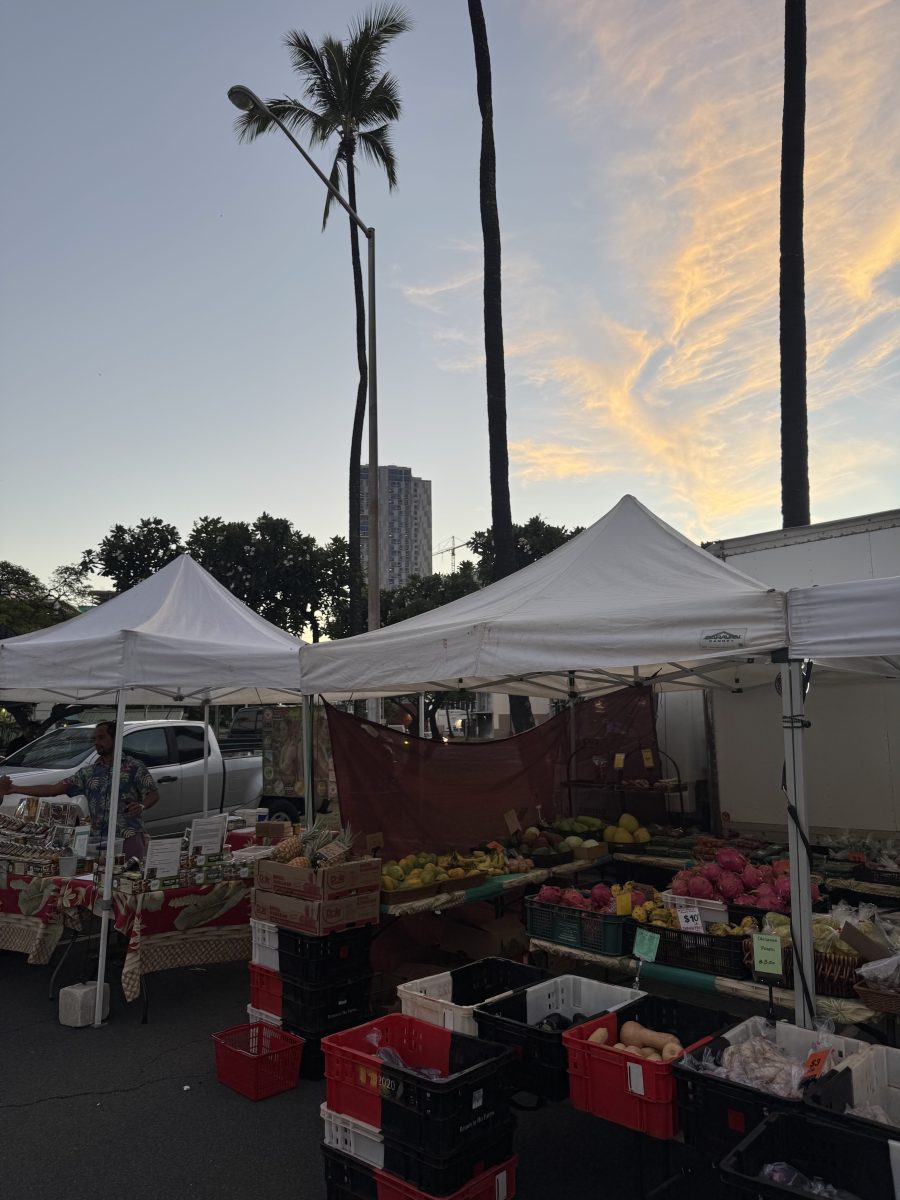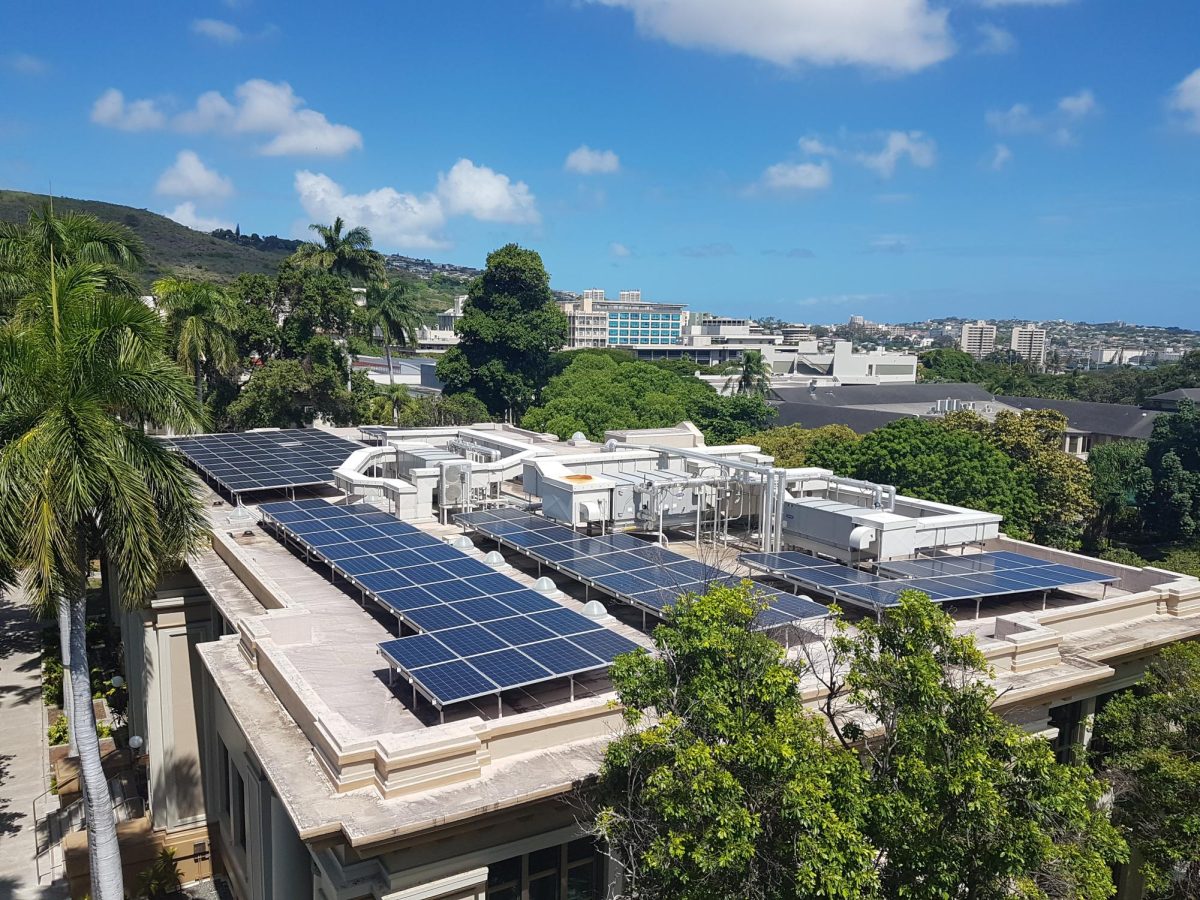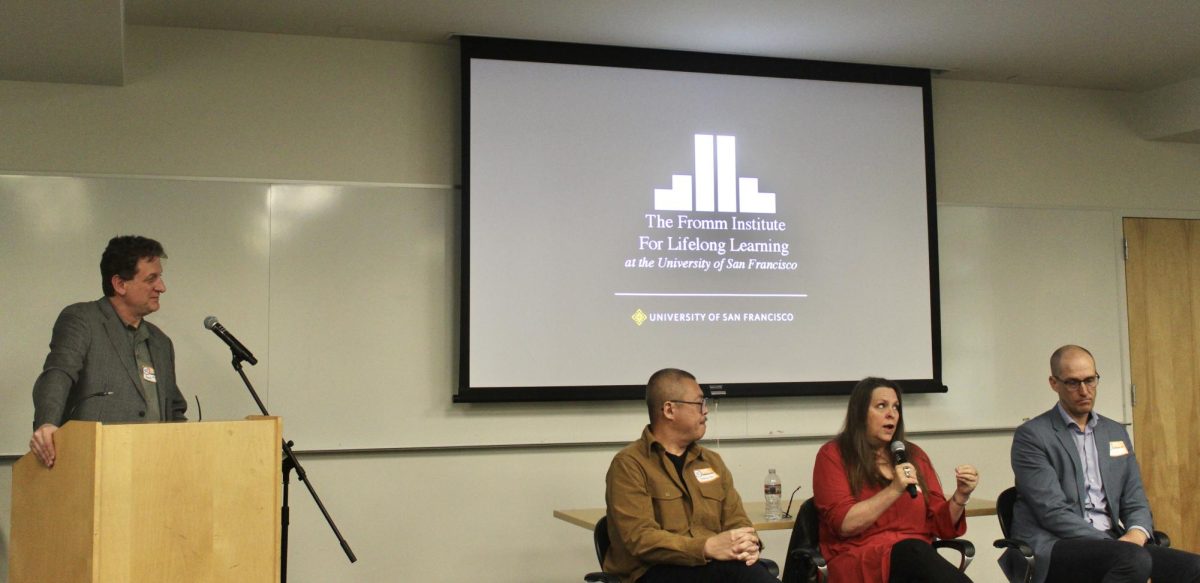Hundreds of pregnant immigrants in Hawaiʻi will go another year without access to adequate prenatal coverage, putting mothers and their babies at risk.
When there is a lack of prenatal care, babies are “three times more likely to have a low birth weight and five times more likely to die,” according to the U.S. Department of Health and Human Services (HHS).
Amid uncertainty regarding federal cuts by the Trump administration, the future for those mothers and babies remains uncertain after state lawmakers declined to advance a measure that would pick up the tab for their medical costs.
House Bill 1349 would have expanded Medicaid coverage for income-qualified undocumented immigrants, specifically pregnant persons and children. It planned to appropriate funds to the Department of Human Services (DHS) towards the Children’s Health Insurance Program (CHIP).
Rep. Sue Keohokapu-Lee Loy, who introduced the bill, says that access to medical care from conception can result in positive social and economic outcomes. She believes that investing in the health of mothers and children in Hawaiʻi will help ensure a thriving community.
“There’s definitely going to be a need to prioritize our most vulnerable population,” said Keohokapu-Lee Loy.
The bill was scheduled to be heard by the Senate Committee on Health and Human Services on March 17, but it was deleted from the agenda.
Liza Ryan Gill, the executive director at Hawaiʻi Coalition for Immigrant Rights, suggests that concerns about whether federal funding for Medicaid will be cut may have prevented the bill from passing. She adds that it would be harder for hospitals to operate without federal Medicaid funding.
An article by Kaiser Family Foundation says that the House’s budget resolution, which orders $880 billion in spending reductions across a decade by the House Energy & Commerce Committee (E&C), could result in large cuts to Medicaid.
“I don’t think anything is scaring people more in the state than the potential of losing Medicaid funding,” said Gill.
As of 2022, there are about 41,000 undocumented immigrants in Hawaiʻi, which is 3.3% of the state’s population, according to HHS. Hawaiʻi is the only state where undocumented women outnumber undocumented men.
The bill sought to provide coverage for prenatal services, like physical exams and monitoring the fetus’ development, and postpartum care, such as wellness checks and ensuring milk production.
It could have covered 500 pregnant persons and 4,000 children. The cost for pregnant persons was estimated at $744,000 through the CHIP State Plan option, according to DHS. The amount for pregnant persons, including ten months of postpartum care would have been $620,000, and the cost for children would have been $2,976,000, both under the Health Services Initiative (HSI) option. However, DHS said that it would be unlikely that they could use the HSI option due to the federal administration.
Rep. Lisa Marten comments that there is no federal match for undocumented immigrants, so general funds for the bill would have come from the state. She says that providing prenatal care to this population also prevents high future costs.
“Prenatal care is very inexpensive, whereas neonatal ICU is extremely expensive,” said Marten.
Moreover, Gill says that when mothers do not have access to healthcare early on, their children are less likely to have a pediatrician and receive a regular schedule of vaccines, making them more susceptible to health issues.
Gill thinks that it is important to note that immigrants of any status pay taxes but do not receive benefits, like Medicaid. They are able to use an individual taxpayer identification number (ITIN) to file taxes. In 2022, undocumented immigrants in Hawaiʻi paid around $157 million in state and local taxes, according to the Institute on Taxation and Economic Policy.
“Immigrants pay more into the system than they receive,” said Gill.
A study by JAMA Network, where the American Medical Association (AMA) publishes peer-reviewed medical journals, shows that there was an increase in preterm births among Latina women in the U.S. during the 2016 U.S. presidential election. It suggests that anti-immigration rhetoric at the time could have affected their health through immigration stress.
Additionally, Gill says that immigrants are more fearful of going to clinics or hospitals, since ICE is now allowed to conduct removal and immigration enforcement activities in these sensitive areas.
“There’s a culture of fear that is created by the federal administration, where they are purposely making life as difficult for families and individuals as possible, with the hope to force these folks to self support,” said Gill.
Sandy Ma, a community and policy advocate who worked at The Legal Clinic, explains that this bill can help to prevent long-term health issues for children. As a result, these families will require less expensive healthcare needs, like emergency room visits, in the future.
Ma says that undocumented pregnant people who live on the outer islands sometimes have to go to Oʻahu for treatment, because there is a shortage of specialty physicians on their island. By doing so, they risk being detained by Customs and Border Patrol.
“We claim to care about unborn children, but when it really comes down to it, how much do we really care?” said Ma.


